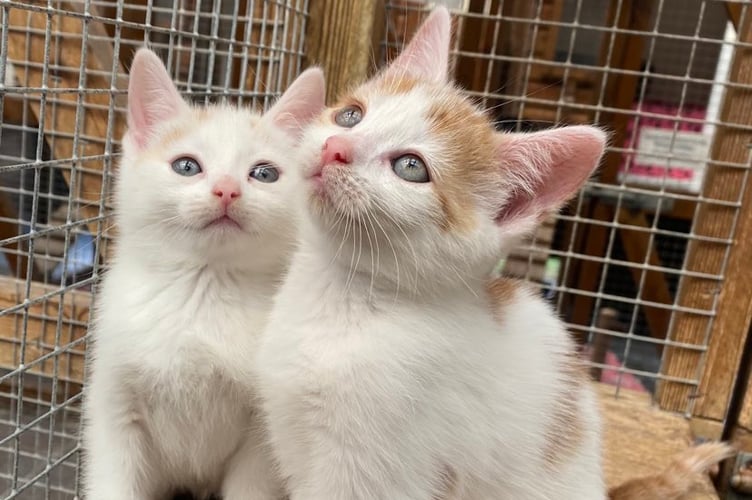Being a vegetarian or a vegan, or simply cutting down on eating meat, is considered by many to be both a healthy way to eat and an environmentally friendly, and ethical, option.
But, of course, it’s not that simple.
Putting the arguments about a balanced diet and farming practices to one side, awareness is now being raised about the ethics surrounding the production of coconut milk – often used as a substitute for cows’ milk, and a staple of many vegetarian meals.
These articles usually focus on local and UK animal welfare issues, but now and again an international issue is one that we can’t ignore.
We’ve reported several times, for example, on the use of real fur (from animals farmed in horrific conditions, or trapped inhumanely) being used on inexpensive bobble hats or keyrings. Our focus this week is on monkeys being used to collect coconuts.
Specifically these are macaque monkeys being used as coconut-picking machines in Thailand, which is one of the world’s largest exporters of coconut milk.
The animal rights charity, Peta, has been documenting the monkeys’ plight for the past three years, and it has exposed an industry that all too often uses intimidation and punishment to train the monkeys.
Being beaten and whipped is one thing, but most of the monkeys suffer an additional torment – they have their sharp front teeth pulled out to stop them biting their handlers.
The monkeys work seven days a week, and pick up to 1,000 coconuts daily.
They are often exhausted, which makes their work more perilous – with death and injury from a fall a constant risk even for these agile creatures.
Monkeys are a social species and they live in complex social groups in the wild.
When the coconut monkeys are not working, being sent up trees on a long rope, they are chained to the ground in social isolation.
This causes depression and trauma, and mental anguish that is as bad as the physical abuse they suffer.
Even though the macaque monkey is registered as ‘endangered’ on the International Union for Conservation of Nature’s ‘red list’, poachers seem to be able to capture them to meet demand – either using traps or shooting their mothers.
Peta has called for a boycott of all Thai-made coconut products, and many UK retailers have pledged not to sell products that have used monkey labour.
But the Thai government says that it is natural for macaques to pick coconuts and that it’s a ‘cultural tradition’.
Fortunately, many of the Thai farmers are recognising that monkey labour is bad for business.
More and more of them are using genetically modified dwarf coconut trees that only grow a few metres high, and so their fruit can be harvested from the ground.
So how do we, as consumers, know whether our coconut milk is cruelty free or not?
The Thai government claims that it issues ‘monkey-free’ certificates to producers where appropriate, but Peta maintains that this system is floored and misleading. As things stand, at the very least we should be checking the label on a coconut milk carton, or tin, before we buy it.
On to happier matters, we have several pairs of kittens ready for rehoming – we call them ‘little monkeys’ – and they can climb and swing to rival any primate.
Frenzied play times are then followed by hours of deep sleep, snuggled up together.
It’s important that these bonded pairs are rehomed together, and so if you are interested in two kittens please fill out a home finder questionnaire, available on our website.
Ideally e-mail the form to [email protected], or bring it to Ard Jerkyll (our opening times are 1pm to 4pm, every day except Mondays and Thursdays).





Comments
This article has no comments yet. Be the first to leave a comment.